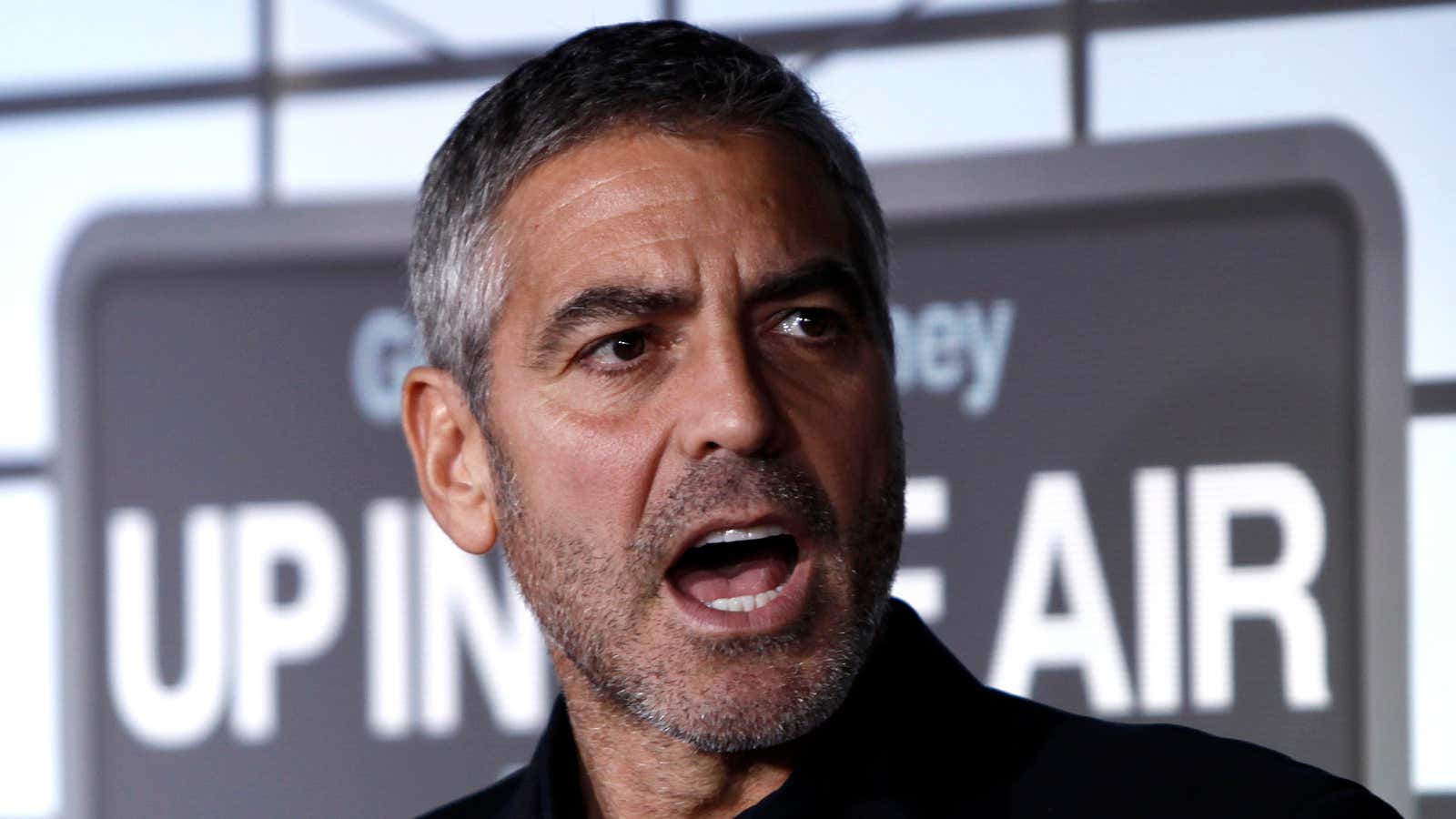As a member of Cathay Pacific’s loyalty scheme, I was recently surprised to learn that I couldn’t use my frequent-flyer miles to upgrade an economy-class ticket I’d bought. It was, I was told, the wrong class of ticket. Two years ago, I managed to get upgraded from a cheap coach class ticket to the front of the plane.
Reducing the proportion of tickets sold that are eligible for upgrade with loyalty points is a trend across the airline industry. ”Every year loyalty programs are devalued,” says Chris Elliott, a consumer rights writer who is also National Geographic’s travelers’ ombudsman and recently wrote about the subject for Frommer’s. A Cathay spokesman would not clarify whether the airline itself has made fewer tickets eligible for this kind of upgrade, saying only that “the numbers fluctuate.”
The Wall Street Journal reported in 2010 how some airlines, such as Delta, had made it almost impossible to redeem miles. And travelers’ forums are usually ablaze with mileage gripes. Here is an example of British Airways customers complaining.
People join loyalty schemes thinking they can use their points any time, says Jonathan Meiri, CEO of Superfly,, a website frequent flyers can use to find the best value ticket. “When you come to redeem, the airlines tell you you can’t,” Meiri says. “So at some point people say ‘this is worthless’, I’ll go book the cheapest ticket.”
The reason the airlines do this is understandable. Fuel costs are high. Businesses are cutting travel budgets. Companies have lifted travel freezes imposed in 2008 or 2009, but often tell staff they must find the lowest fare. So executives rely on frequent flier miles to get a flat bed. All of it cuts into the airlines’ profits.
It is hard to tell if the airline ticket you bought can be upgraded using miles. Cathay explained that while some of its economy and premium economy tickets can be, others cannot. It recommends checking with the airline or a travel agent before purchase.
An even bigger source of confusion stems from the airline alliances. So-called “codeshares” are increasingly common in aviation, as they allow airlines to share costs on the less profitable routes. BA, American Airlines and Cathay are members of the Oneworld alliance, and it’s easy to buy a ticket with one member but end up flying with another.
The Oneworld website says that “when you are ready to redeem your rewards, you can do so across the alliance’s worldwide network. ” But this is at best a partial truth. Airline members have differing upgrade policies. With a codeshare, the upgrade policy on a flight may—or may not—be that of the airline that sold you the ticket. The Cathay spokesman explained:”If you are a BA card holder, flying on a BA ticket, and the flight is operated by Cathay Pacific, you will need to check with BA for the upgrade policy on the Cathay Pacific flight.”
Superfly’s Meiri says airlines should really should not expect customers to “get in the business of understanding all the classes of ticket and how their elite status transfers to another airline in the case of a codeshare.” Airlines, he says, are hurting themselves by disappointing and confusing loyal customers. A business traveler who flies five times a year, even if it’s not always in the front of the plane, could be worth around $15,000 annually in airline tickets and a further $5000 in hotel spending, Meiri says. Yet they “end up thinking, ‘I can’t grasp all these elaborate rules.'” Ironically, he says, the result of the loyalty schemes is that ”the airlines have made being loyal incredibly hard.”
